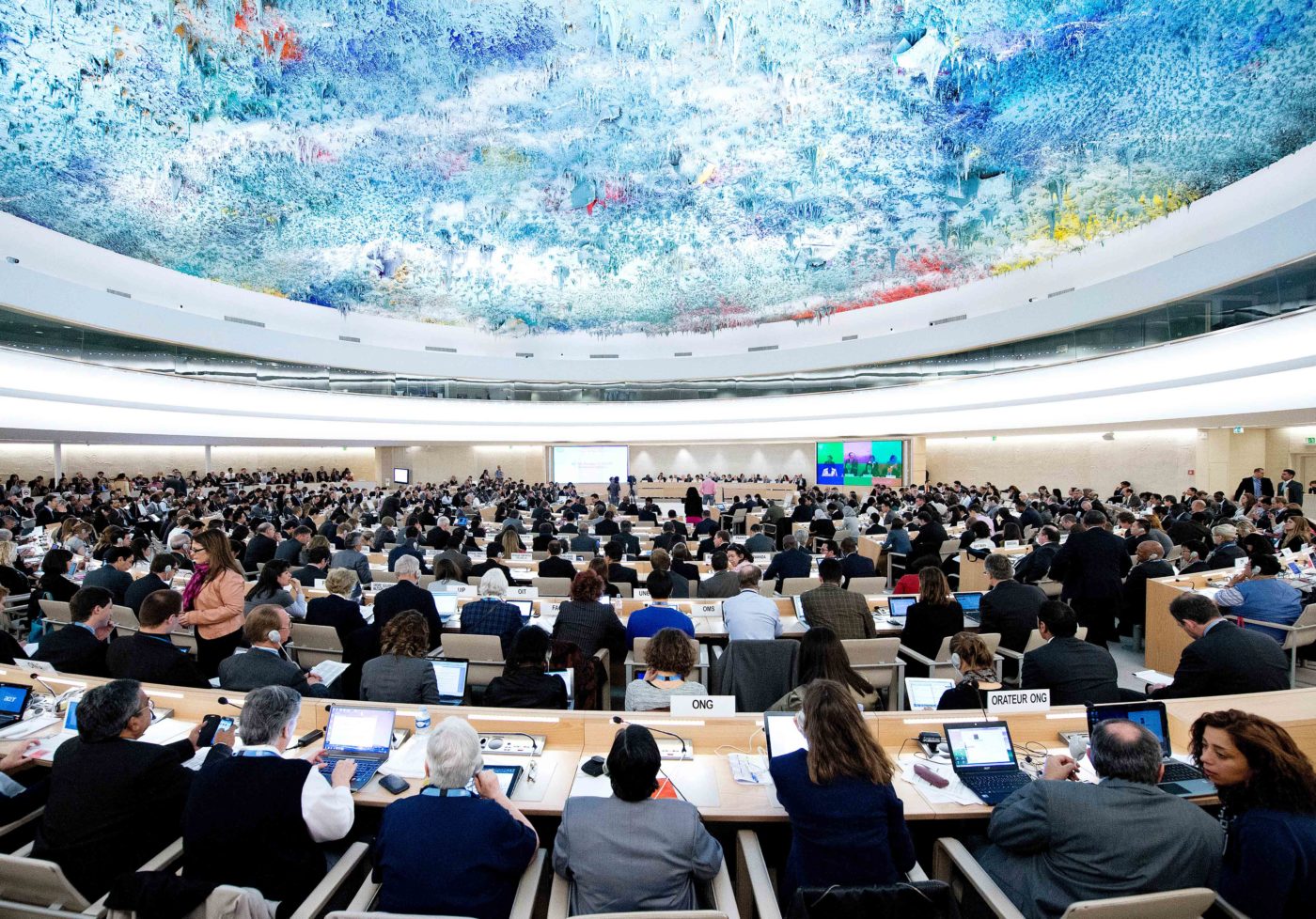On 26 June 2023, the UN Human Rights Council heard the reports by the UN Special Rapporteurs on independence of judges and lawyers, and on summary executions. The ICJ welcomes the two reports and raised concerns about the situation in various countries, in particular in Guatemala, Tunisia, Viet Nam, Thailand and Egypt.
On the independence of judges and lawyers, the ICJ statement reads as follows:
“Madam Special Rapporteur,
The ICJ welcomes your report and appreciates the issues that you have highlighted for the mandate in the coming years.
On Guatemala, the ICJ is deeply concerned about the attacks, harassment and spurious criminal investigations faced by some independent judges, prosecutors and lawyers, at least 30 of whom are presently in exile; two of those judges are Miguel Ángel Gálvez and Yassmin Barrios.
In Tunisia, judges are being routinely subjected to executive interference and threats of reprisals, 57 judges have been arbitrarily dismissed in 2022, and at least 20 lawyers are being prosecuted for the discharge of their professional duties.
In Viet Nam, human rights lawyers, including Dang Dinh Manh and Nguyen Van Mieng, are facing spurious criminal investigations under the vague and overbroad article 331 of Vietnam’s Penal Code, which criminalizes “abusing democratic freedoms”.
In Thailand, lawyer Arnon Nampa is facing disbarment proceedings for making a speech calling for reform of the monarchy during a protest.
Madam Rapporteur, the ICJ considers these and numerous other cases from around the world reveal a disturbing downward global trend in the capacity of independent judges, prosecutors and lawyers, especially those acting to defend human rights, to carry out their work free from harassment, persecution and even criminal prosecution.
Madame Rapporteur, what can this Council do to convince States to prioritize the protection of an independent legal profession?
Thank you.”
On summary executions, the ICJ issues the statement below:
“Mr. Special Rapporteur,
The ICJ commends your report and echoes your recommendations, including that “every death in custody must be investigated”, that the deceased’s next of kin be fully informed and supported and that there must be transparency in investigations and their findings and appropriate responses.
Custodial deaths in disputed circumstances are widespread in Egypt. Among numerous cases, Ayman Hadhoud, an Egyptian economist, was forcibly disappeared and later died in security forces’ custody, reportedly on 5 March 2022. The authorities did not inform his family of his death until more than a month later, and failed to disclose the autopsy report. They have failed to conduct an effective investigation into his death, and in April this year they dismissed his brother’s request submitted in March 2023 to reopen the investigation.
Given Egypt’s unwillingness to investigate and prosecute extrajudicial executions and other crimes under international law committed by its security forces, the ICJ reiterates its call on this Council to establish an independent monitoring mechanism for the gross human rights violations committed in the country.
Thank you.”
Contact
Sandra Epal-Ratjen, ICJ Main UN Representative and Senior Legal Adviser, e: sandra.epal@icj.org

